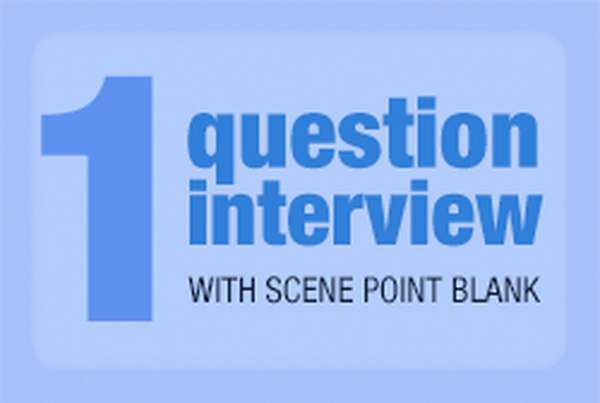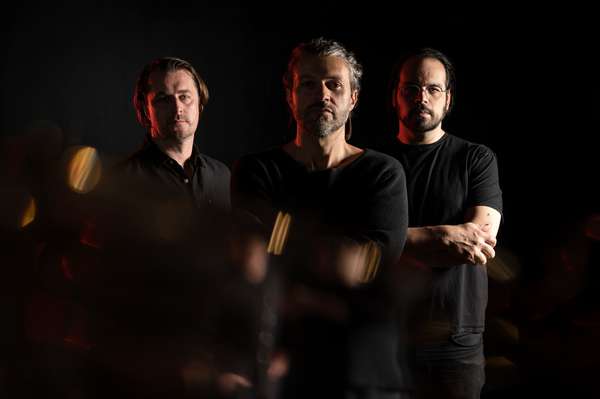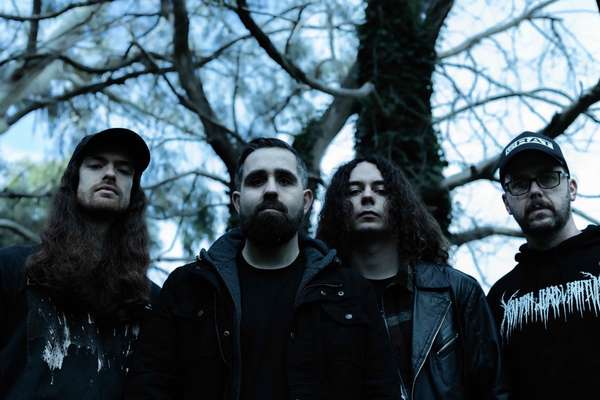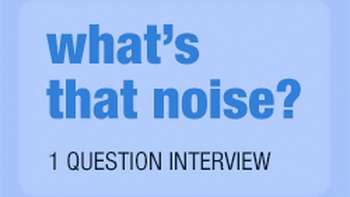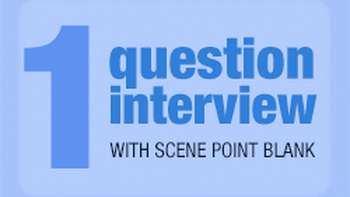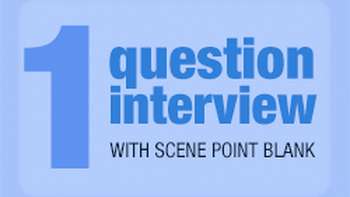Ian Miller (Roman Cities)
SPB: How important to the band’s concept was playing “era-appropriate instrumentation”?
Ian: Man, what a great question. When I was imagining this project, I had visions of headless basses and chorus pedals. But the gear ended up not really mattering. Bradley plays a Tele into a Fender combo; Dan used his giant Early Graves metal kit; and I played a P bass. Ryan has some cool modeling keyboards including a Nord, but he played an old Wurlitzer electric piano on a number of songs.
Ultimately it ended up being about the sounds and the songs. It's really easy to fetishize old gear -- I mean, look at any old Cars video and Ric Ocasek is likely playing a pink Dean Cadillac. It's outrageous and awesome. But the songs and performances are paramount -- those guys were all monster players. Hawkes and Easton had studied at Berklee, and all of those dudes could flat-out play.
So I guess that's a long way of saying "not important at all." That said, I did end up buying a headless bass, and I'm not afraid to use it ...
Matt Vaughn (Lesstalk Records, Michael Crafter-vocals)
SPB: Do any of your musician friends have tinnitus?
Matt: Yeh, I think a lot of my friends have or will have tinnitus when the years go by. I have been playing in DIY bands for about 10 years now and going to gigs every weekend as well as playing and jamming every week too. And I definitely regret not protecting my ears more as I notice my hearing deteriorating over the years, but the constant ring is somewhat soothing.
Reece Prain (Diploid-bass/vocals)
SPB: How much space in your home is dedicated to music storage (records or instruments)?
Reece: I have a bandroom/equipment storage room. It’s pretty full, so lots of junk is just sort of hung around the room as well. But really, music equipment is scattered throughout the house. As for record/cds/tapes and such, I have two book shelves full of cds, another big shelf that has my 7’’ and LPs, then I have a box full of tapes and demo cds and just other junk I have accumulated. So that’s really it for all my music stuff in my (parents’) home.
Lachlan R. Dale (Adrift for Days, Art As Catharsis)
SPB: How has the increasing digitisation of music changed your listening habits?
Lachlan: A very good question, and one I often reflect on.
There is no doubt that the digitisation of music has dramatically increased access while also increasing supply through reduced production costs.
The effect for me, personally, is that I am flooded with a supply of new, unique, and varied music on a constant basis. Selfishly this is an awesome thing, as it provides me with constant stream of inspiration and allows me to discover new, niche artists easier than ever before.
Last year I began using Spotify, which I have mixed feelings about. While I don't agree with its unethical payment structure - and would happily pay much more for the service - the access it provides is unrivaled. As a tool it is incredible, and I see a streaming model such as Spotify as the likely future of digitised music.
Since I began using Spotify, I rarely download music (which, as a format has the disadvantage of needing to be transferred between devices), and have long stopped buying CDs. My stacks of thousands of compact discs gather dust in a corner of my room. While I spent many years and thousands of dollars building my collection, they seem now superfluous; a format superseded by its physical limitations.
Partially through guilt, I have turned to building a vinyl collection. At the moment I only listen to my records a few times a week, and almost see my purchases as a symbolic way to support an artist - which seems insane. Perhaps in my next home I will invest more heavily in a high-end sound system to enjoy my records.
There is no doubt that the digitisation of music has dramatically undermined its value - infinite reproducibility is bound to have that effect.
As someone who plays in a number of bands, and runs a record label, the future of music sales is profoundly uncertain. I'd be curious to hear other's thoughts.
